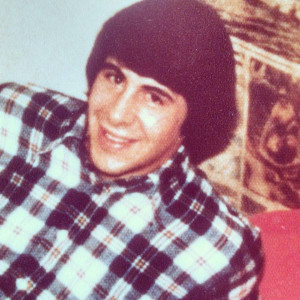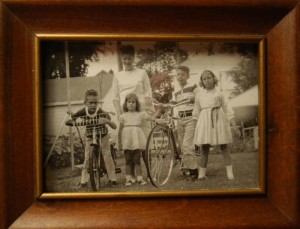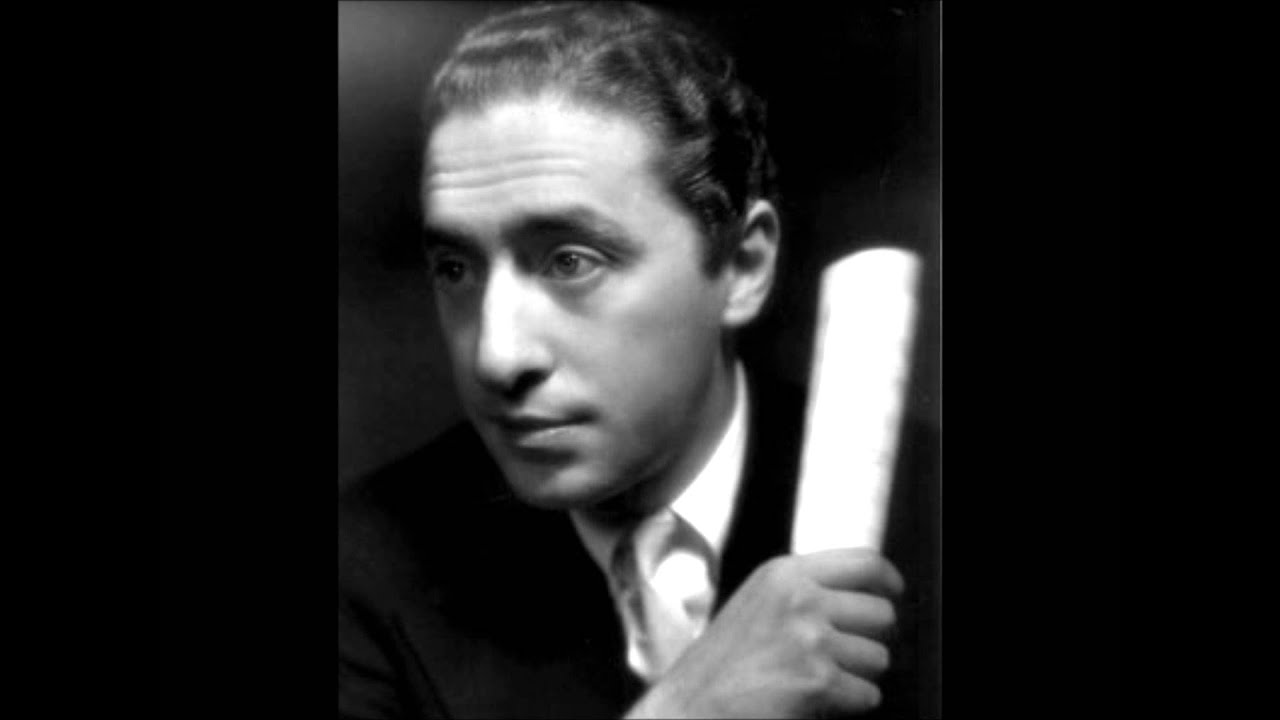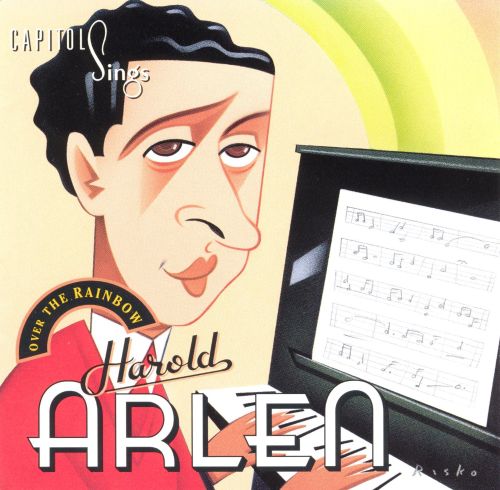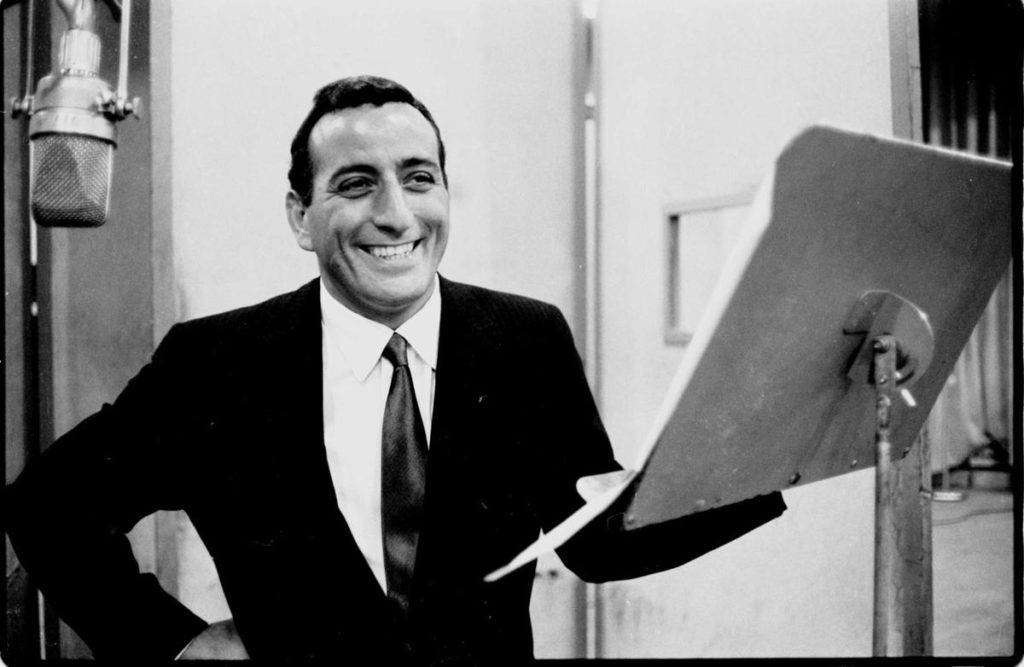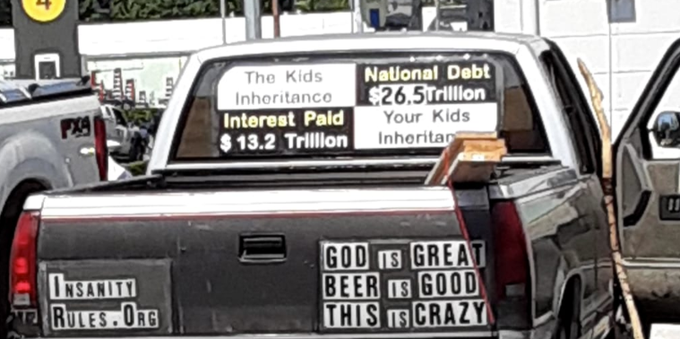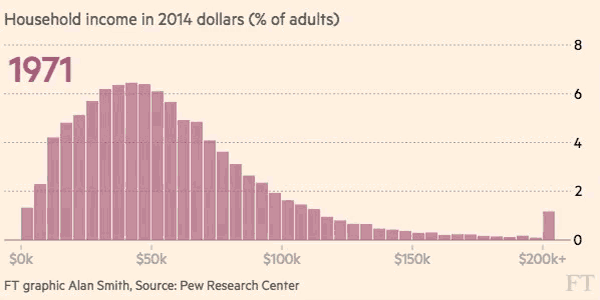[Pinning this one for a while. My brother would have turned 65 yesterday, Jan. 11.]
“As long as you live under this roof you WILL go to Mass every Sunday.” That was the deal. All of us kids complied, reluctantly. The Sunday before Danny died, the weather was fine, so he and I walked the eight blocks to church together. Like we belonged together, like we were brothers. I like to tell myself there was some sort of reconciliation under way.
Daniel Joseph, eldest child of Jerry and Vergie, was born 60 years ago this month. On a sunny summer day 22 years later, his life ended in a accident at his roofing job.
In remembering him, my perspective is specifically that of a younger brother. Parents in the 60s tended to let their boys straighten out disputes among themselves. At least ours did. For me, this meant constant abuse at Danny’s hands. He was shorter, but much stronger, and had a sadistic streak. He loved the “99” — his extended middle knuckle pounding on my breastbone for, yes, 99 reps. The hard punch to the bicep was another favored part of his repertoire, as was the one where he pinned my arms with his knees, and let spit dangle close to my face, and sometimes, accidentally or otherwise, letting it drip onto my nose or into my eye.
Twenty-some years after Danny’s passing, Heather and I named our first son Daniel, and it’s some sort of Gabriel Garcia Marquez trans-generational thing to watch how Daniel the Younger torments his little brother with the ardor of his namesake. The two Dans even look alike, though there’s no blood relation.
My parents adopted Danny in 1956 and my older sister Cheryl in 1958. Not long after Cheryl came home, my mother became pregnant–with me–and then my younger sister Caroline came two years later. Judging from baby books and photo albums, my parents doted on Danny, and I imagine their marriage was even quite happy when he was the only child. But by the time I came on the scene all I remember is constant fighting–between my parents, and between Danny and dad. From the age of 13 or so, Danny managed to avoid most of our family outings, even vacations.
***
Wrestling was a big deal with kids in Minnesota when we were growing up. We would adopt the personalities of our favorites. Most kids chose the Crusher or Vern Gagne, a few opted for Mad Dog Vachon. Being skinny and weak, I saw myself in Edouard Carpentier, the Flying Frenchman (who was Canadian, of Polish descent, actually). Carpentier wore bell bottoms, no shirt, no shoes. Googling turned up no photographic evidence of him in this getup, but that’s how I remember him. Carpentier specialized in drop kicks and flying head scissors, and I did my best to mimic his acrobatics when up against Danny. Sometimes I would get lucky and hurt him with an elaborate, high-risk aerial maneuver, but he always recovered and hurt me more.
***
Danny had a minibike, then a car and a motorcycle, and could fix them on his own. Not one for books, he worked as soon and as often as he could. He had money to spend, and girlfriends (I had neither). When I was 15 or 16, I remember riding down to Lake Calhoun on my ten-speed and catching glimpses of him speeding past or parked in his avocado ’69 Malibu, with what seemed like a different blond head every time in the passenger seat.
That time when he lowered his voice and asked me what girls I liked at school? I knew better than to answer. I held out. But he was relentless. Finally, a little smile forming on my mouth, I whispered the name of my secret crush. He roared. The very next day I saw the object of my desire flirting pretty brazenly–with him.
***
One Sunday in ’68 or ’69, when I was at a Boulevard Theater kids’ matinee, my father took Danny and Danny’s friend Greg ice-fishing. It was March, and the ice was getting thin in places. Dad, walking where an ice house had been taken down, fell through. In his heavy wool coat, he went down like a stone, but somehow surfaced through the same hole. (Indelible image: Dad liked to remember that he never lost his grip on the cigar he had clamped between his teeth.) Danny and Greg pulled him out. As a display of gratitude, dad gave both of the boys a transistor radio from Walgreen’s, along with an unusually (for him) emotional note thanking them for saving his life.
Danny loved westerns, which I tried to watch, but always found boring. He fancied himself part Native American, and once when he shot a blackbird with his pellet gun, made a mess of hacking the red wing off, as some sort of Sioux talisman of his imagining. He was a great fisherman and was always bringing home turtles from the Lagoon off West Lake Street. He was also adept at climbing over the spiked iron fence surrounding Lakewood Cemetery, which he treated as his own personal squirrel and chipmunk trapping ground. And that’s where he is now, of course, buried next to my mother’s grave (and a stone’s throw from Hubert Humphrey’s), almost up against that iron fence on Dupont, across the street from his (and my) old paper route.
***
We went as a family one evening to a Twins game at the old Met Stadium in Bloomington. Killebew, Oliva, Zoilo, Boswell, Kaat. What a team they had! And yet,I don’t remember the game as much as I do the chain link outfield fence, which seemed cheap and disappointing, and that there were hundreds of bats flying around beneath the bleacher seats.
“It took many a day to build this place,” Danny said to me somberly. I have never forgotten him saying this, and would often borrow the “many a day” for something equally inappropriate.
***
I was not tough, to say the least, and kids would pick fights with me because it was easy. I was tall and skinny and often covered up and whimpered that I didn’t want to fight, which only made others more eager to call me out.
There was one time in seventh grade when I fought back. A tussle on the stairs coming out of gym, and I must have accidentally bumped into the quarterback of our miserable football team. Another diminutive bully, and another Timmy as it happens. He ordered me to meet him after school on the playground. I surprised him by showing up.
I had been reading the Robert Lipsyte young adult novel, The Contender, about Alfred, a dropout black kid from Harlem who stumbles into boxing and finds he is good at it. His manager Mr. Donatelli’s mantra, “Stick and run,” suddenly came to me I circled the other Timmy. I jabbed and jabbed, retreated, jabbed some more, and he, being much shorter, could never get inside. The fight seemed to go on for a very long time. A big crowd had gathered, and finally the priest came puffing along to break it up.
The fact that I’d bloodied and bruised the other Timmy didn’t stop him from saying he was going to kick my ass the next day. I didn’t challenge that, but the next day came and went. Back home I proudly showed Danny the dried blood on the knuckles of my chopper mitts. He seemed to have known about the fight before I told him anything. All he said was, “You fought with your mittens on?!”
***
He was not great at school, and when I looked over some of his homework from the courses he took at Normandale Community College, I got the sense that he might have had an undiagnosed learning disability. He took law enforcement classes, and wanted to get a job with a police force, but the economy was bad and he never got his foot in the door. He often mocked me for my higher education aspirations. “You’re book smart, but not street smart” was something he said frequently. But the year before he died, at the age of 21, he was accepted into the College of St. Thomas in St. Paul. “I’m gonna do it like you. I’m not gonna work, gonna take out loans, join a frat.”
I was kind of flattered to see him come around, but it had little to do with me, and more with his seeing no future working the kinds of jobs he worked. He was a week away from proper college life when he slid off that roof.
I don’t know how he would have done, whether he would have fit in. Would he have been able to do the work, would he have stuck it out and graduated, or gotten frustrated and quit? What would have become of him in those forty years since he fell? Would he have a wife? a family? Would he have lost his hair? It’s just impossible to imagine any future for him in my rational brain.
My irrational brain fills in the gaps. Frequently, in dreams, I have conversations with him. “Man, it’s weird that you were gone so long. What are you going to do now?” He’s usually his 1979 age, but sometimes, as in a Buñuel dream sequence, has evidence of the grave about his body–dirt, pallid skin. Death is acknowledged in our chats, but it’s something that we have put past us.
Waking up, mind clearing, realizing it was all a dream–that’s about as empty as I ever feel.

